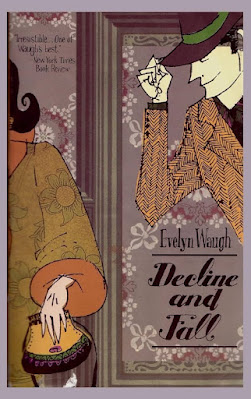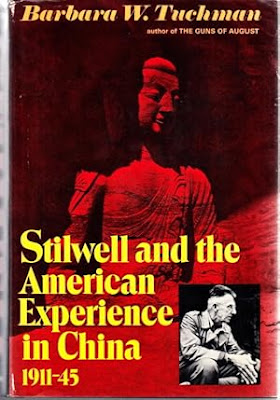Parallel
universes and alternate timelines get quite a workout in this final installment
of the “Hitchhiker’s Guide to the Galaxy” comedic sci-fi saga. It begs a
question: Can a series that always leaned hard on the utter randomness of the
universe get too random?
Short answer: Yes.
Mostly Harmless is the most frenetic, depressing, and conceptually catawampus entry in the series. It delivers that boldly anarchic flavor “Hitchhiker” faithful have savored for decades. Where it falls short is tone; an uncharacteristic despairing heaviness pervades the text. For the first time, Adams’s universe is suffused not with whimsy but dread.

















































